1.“I was working in a very big, very busy emergency department. I noticed a young guy in the high-level area. He had asthma, and looked breathless and very scared. The medical registrar waved me away with an ‘I got this’ expression, so I continued with my other patients. About an hour later, a crash call goes out, and I race to the resuscitation room. They are wheeling the guy in, navy blue, barely breathing. I did what I could: tubed, gave adrenaline, etc. but couldn’t get him back. He was 32 years old. When I checked his record, I saw his CO2 was double normal. That was an indication for urgent action, probably intubation and ICU admission. The ‘medical registrar’ turned out to be a resident two years out of medical school who thought he knew it all. If I would have just checked, that guy would most likely still be alive.”
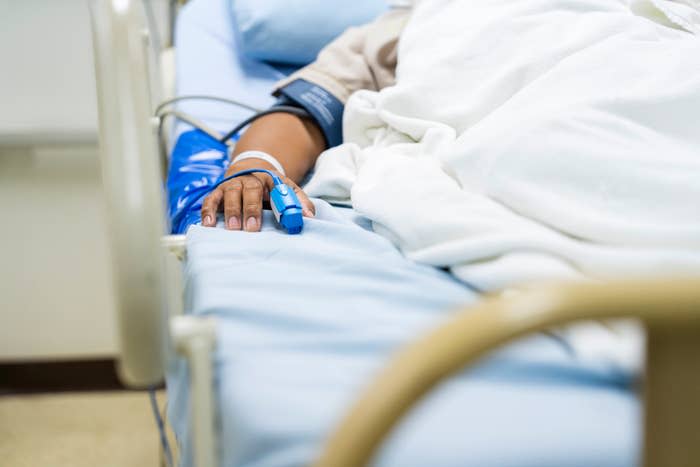
“I always review sick-looking patients now. I don’t care who they ‘belong’ to, and I don’t care if my colleagues hate me for it. I have saved lives doing this, and my biggest regret is that it took a death to make me see how necessary it is. We don’t all know everything. We are all fallible. A second look can save lives, and it’s worth putting your ego aside for that.”
—Fiona Wallace, Quora
Witthaya Prasongsin / Getty Images
2.“I had a young woman scheduled for a big surgery and the night before, I got a terrible flu — fever over 103, malaise, joint and muscle pains, the works. In the end, I had no choice but to cancel the surgery and schedule for another day, expecting she would understand. It was the first time I called in sick for surgery in 20 years. The patient became furious, hostile, angry, blamed me for inflicting emotional distress, and demanded I immediately find another surgeon to do the surgery that morning, which was not possible. She later lodged complaints up and down the hospital system, filed complaints with the medical staff, and threatened to sue me. It’s what you get in a society that demands more than it understands. Would you want to undergo such a massive and dangerous surgery if your surgeon were that ill?”


3.“I was called in by a colleague who was a bit out of his league after a man got a gunshot to the neck. When I got in, he neglected to mention that he tied off a major vessel. The tie-off was supposed to be temporary and was ‘intended’ to be removed once the vessel was repaired. Well, because he never mentioned it to me, we proceeded with the surgery. After surgery, the patient didn’t show any issues, so we verified that there was no bleeding and closed the case up. About six hours later, the patient showed serious symptoms of cerebral blood flow blockage, so neuro was called in. Obviously, no medications worked. During the autopsy, the pathologist found the tied-off vessel. My resident cried for three straight days after that incident.”


4.“I remember one patient I had who passed away when I was an intern. He was in his fifties and seemingly a simple family man who was a farmer. He had some history of heart problems and really wanted to get back to the farm as it was near harvest time, and his biggest concern was always his family more than his own health. Through our time, we found mutual ground talking about working on our cars, and I made the mistake of saying, ‘Everything will be all right.’ As it turned out, this would not be the case. He ended up on cardiac arrest. I do regret my choice of words when I said so naively and confidently that everything would be all right. I now try at all costs to avoid such short-sighted answers, even though I know sometimes it is what people would like to hear.”


5.“I’m going to tell you the story of how I killed a patient. I was in my third year of medical school and one of my first assigned patients was an elderly gentleman who had metastatic colon cancer. When I was assigned him, he had not been fed in several days. He had a bulky tumor within his bowel, so everyone was afraid it would rupture if he took food. He was receiving some sustenance in the form of IV nutrition which was completely unsatisfying. He would beg for food and I would apologize profusely, explaining why. Every day, he looked dejected. Everyone signed off on him, knowing there was nothing more that could be done. One day, after he had asked for food again, I wrote the order for food for him. When the dinner trays came in, he looked like a child on Christmas. He maintained a huge smile in between bites. He died that night. I still regret it. I regret that I gave him that tray of hospital food instead of finding out his favorite meal and making it for him.”


6.“Patient: ‘I have gained 30 pounds recently due to losing my husband. Can you help me get the weight off?’ Me: ‘Oh, I am very sorry to hear that. At least he is not suffering anymore, and is in a better place.’ Patient: Looks at me like I just kicked her cat. ‘What did you say? Did you hear what I said? I said my husband left me for a younger woman; I am very hurt and have been eating. I gained weight.’ At this point, I felt like shit about myself and realized I suck at listening sometimes. Inexcusable. She cried immediately, threw her chart at me, called me a few names, and stormed out. I sat there for a minute, hating myself. From that day on, I immersed myself in ‘How to Listen Better’ 101 and eventually stumbled across motivational interviewing. I have learned way more than I thought I ever knew and way more than I could in medical school about effective communication.”


7.“For the first six months as a hospice nurse, I was overly optimistic when family or patients asked how long they had. The problem with this is that if you give somebody a week to live and they die in two days, people who wanted to be there at the end or just say goodbye didn’t get to because they thought they had more time. Nowadays, I’m very honest and sometimes even give a lower number than what I think they have. In this way, if I’m wrong and they live longer, they have that many days they never thought they’d have which is much better.”


8.“I was a pediatric intern and was the ‘culture doc’ for the day, meaning I was assigned to follow up on any lab results pending from the previous days’ work, and call patients with those results. At the time, we were participating in a study of teenagers and sexually transmitted infections, so we were doing urine testing for gonorrhea and chlamydia for any teenager without urinary symptoms (the idea was to figure out how many teenagers had ‘silent’ infections). One 14-year-old girl was positive, so I called to speak with the girl herself (in that state, it was legally permissible to discuss without parental consent at 14). Later that day, she came in and brought her mom to the room with her. As I explained she would need to go on antibiotics, I snuck a glance at the mother, and I saw what I’m pretty sure were thunderclouds forming above her head…”
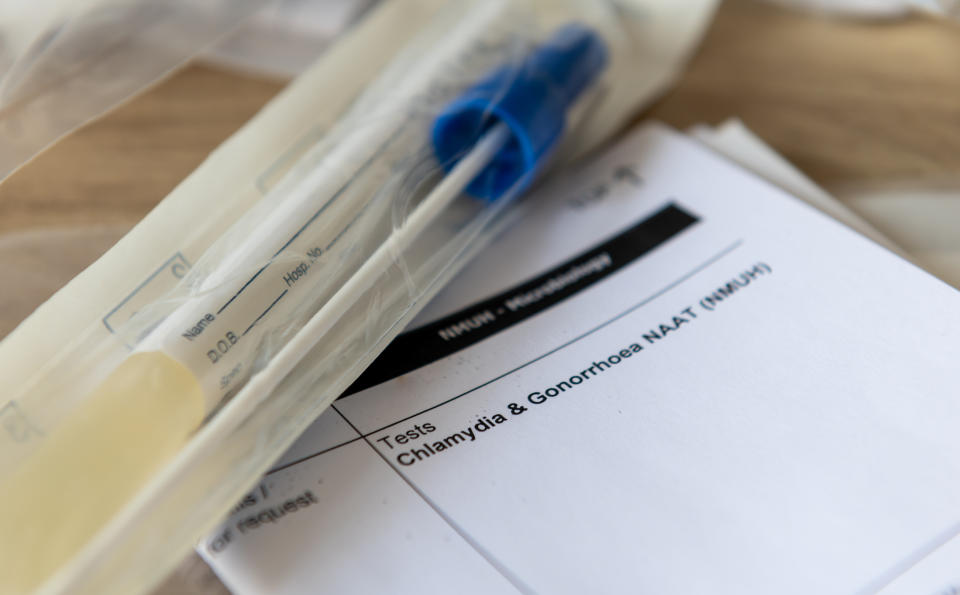

“The girl was starting to cry, and I was starting to get confused. Didn’t everyone know what we were all here for? Shit. I had not only informed the girl’s mother that she was sexually active but that she had chlamydia.”
—Todd Washko, Quora
Yau Ming Low / Getty Images
9.“I am not a physician but I am a medical reporter. I was at a medical conference for a cataract surgery center and, during lunch, overheard an ophthalmologist ask another what he might have done in a certain situation. He said he encountered something unexpected during a surgical procedure and wasn’t sure if he made the right decision. He told his colleague he will forever wonder if he really f-d up. Luckily, it seemed that patient ended up being okay, but he was asking his colleague’s opinion on if he should have done something else. This was early on in my career and the exchange blew me away. I went away thinking, ‘Oh my god, these guys operate on people’s eyeballs, and half the time they’re just making it up as they go along!'”
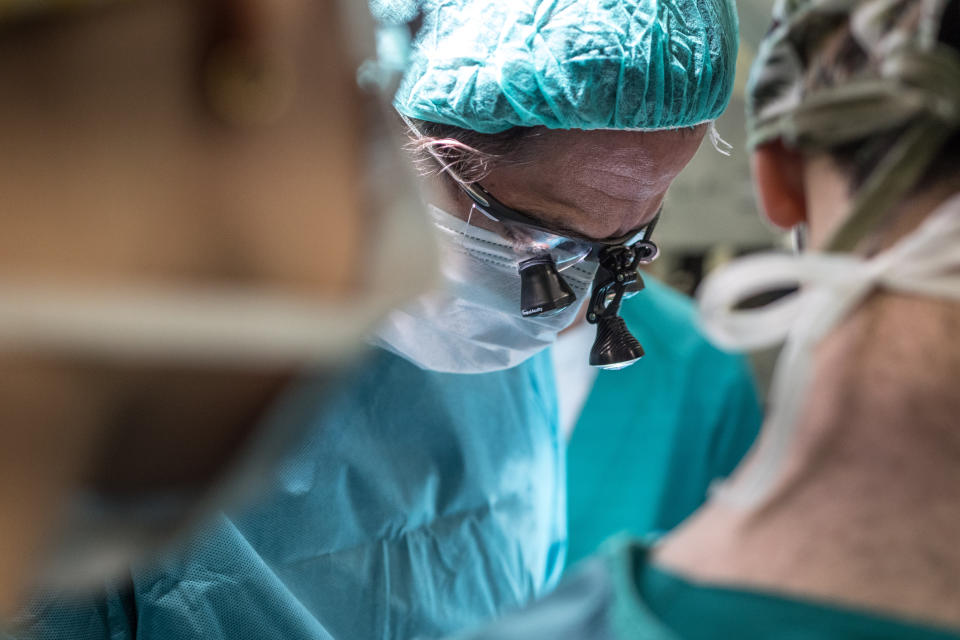

10.“As a medical student, this is one that truly opened my eyes to how much is at stake and how stupid I am. On a particularly unfortunate week, I had the disaster of being on call for two days straight. During my shift, I arrived completely zombie-like and burned out. I was on ward duty, so I had six patients whose vitals I had to take every two hours — one of those patients was a younger boy. He had malignant lymphoma, sepsis, and a fluctuating fever. He was friendly but seemed really weak and sick, and his vitals were also bad. Around 2 a.m., his parents came to me, saying they weren’t sold on the idea of their son receiving chemotherapy. I tried to reassure them it was the right choice, even sharing my mom’s successful experience with chemo. Around 6 a.m., I did the last round of last vitals. I was extremely tired. When taking the boy’s vitals, I skipped the respiratory rate since my watch was dead, and I didn’t want to bother using my phone as a stopwatch…”
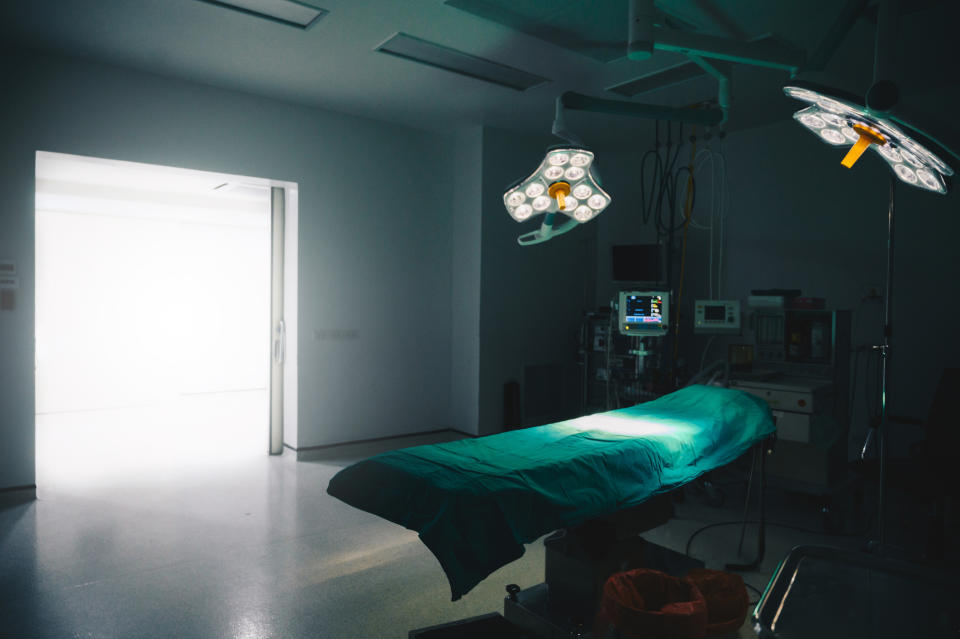

“I remember the sun was rising, and I was packing my things as the boy’s parents walked out hand in hand, chatting and smiling. I was glad that I had given them more info about chemo and hoped they felt better informed about their son’s cancer. As I passed them, they smiled to me and thanked me. I said, ‘Don’t worry, everything will turn out OK in the end!’ They smiled and thanked me again. I went home and immediately fell asleep and thought nothing about it.
The boy passed away that afternoon of septic shock. His blood pressure suddenly dropped. If I had taken his vitals more carefully, I might have noticed that his respiratory rate had risen and his perfusion was worsening. My friend on duty when he died told me this. It was the worst feeling of failure I ever experienced. His dad was in disbelief, constantly asking whether his son was really dead. His mom fainted.
His death might be part of my fault. I see now why doctors sometimes build walls — patient deaths are painful. I regret being too eager to go home. I regret not being careful enough. I regret lying to them and saying that everything will be OK. I regret not going up to the hospital when I received the news. I regret not finding out where he lived or attending his funeral. I wish I told his parents that I am truly, truly sorry.
Since then, I have never missed vitals again, no matter how tired I am. As a precaution, I pay extra attention to anyone who’s in danger of shock, checking their perfusion whenever I walk by. Mistakes in medicine are learning opportunities, but the reality is that mistakes can cost someone’s life.”
—Gabriele Kembuam, Quora
Boy_anupong / Getty Images
11.“When I was new in practice, I had a woman with severe chronic obstructive pulmonary disease and lung cancer. I sent her to a specialist who felt that her breathing capacity was sufficient for her to tolerate a lobectomy. A few days after surgery, she ‘crashed and burned,’ winding up on a ventilator for two months, hospitalized for another month, and then finally home with debilitating shortness of breath. A month later, she came back with a growth at the trach site that was cancer. Retrospectively, I was overly optimistic and ignored the reality of her situation. I’ve learned to be realistic about how bad an outcome can be. ‘The worst outcome is not that you will die. The worst outcome is that we make you miserable and suffer far more from what we will do in the time you have left than if we do nothing.’ I have been a promoter of palliative and hospice care ever since.”


“I answer the question, ‘You mean you want to do NOTHING?’ with ‘No, what I don’t want to do is lie to you and promise you things we know won’t work. What I want to do is to make you as comfortable as we can. I do not want to rob you of the time you have left pursuing false hope.'”
—John Pfeiffer, Quora
Jacob Wackerhausen / Getty Images
12.“My first job was at an STD clinic. My best mate told me his friend had a rash on his penis and was too embarrassed and busy/lazy to seek help. It was itchy and sounded like a simple candidal infection (thrush). He asked me for some cream for his friend. I was foolish and did so. Fast forward three weeks, I was walking down the hospital’s main corridor, and I saw this guy. ‘Thanks for the cream,’ he said, ‘It worked well. I am just off to the diabetic clinic. My GP diagnosed it two weeks ago. I am now on insulin.’ He was genuinely grateful. I was horrified. I realized that I had screwed up, and I should have made him come into the clinic where we would have tested his urine and diagnosed his diabetes earlier. Genital thrush can be an early sign of diabetes. I was so lucky he did not have a diabetic emergency. This is why you should not do favors, and patients should always be referred down the usual clinical pathways as that is safest for all.”
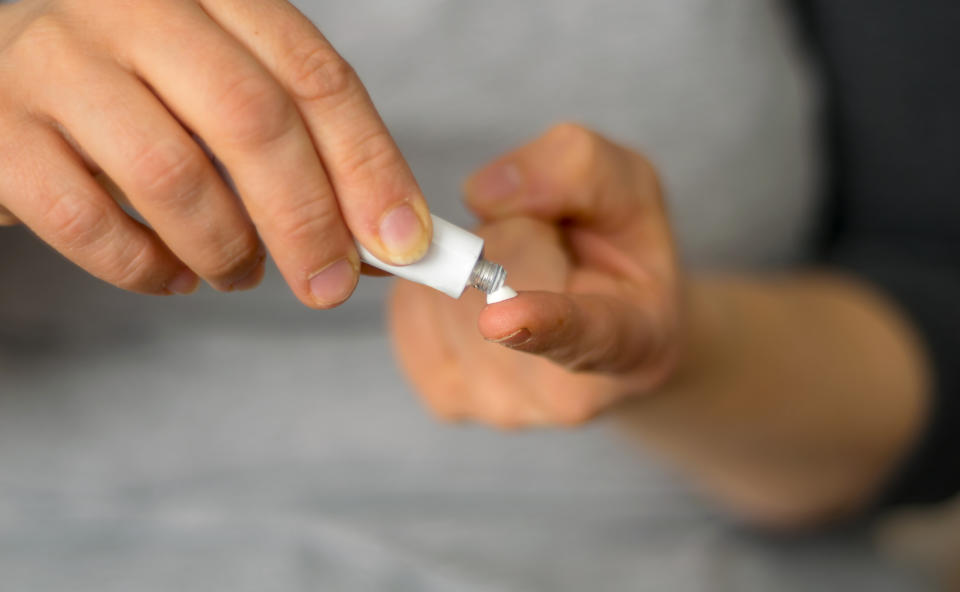

13.And, lastly, “I was the patient, and my doctor made the mistake: I was five months pregnant. I woke up one morning, and one of my breasts was very hard. I called my obstetrician, and he told me to come in right away. He told me I had very aggressive breast cancer and booked me for an emergency abortion the next morning, followed by breast surgery in the afternoon. I called my mom, crying. My mom quickly told me she had the same thing happen with all her pregnancies and to do warm compresses. Ten minutes after I started warm compressing, my breast was back to normal. I called the hospital and canceled the abortion and breast surgery. My doctor called me later, asking why I canceled. I told him what I did and that all was back to normal. He didn’t believe me and told me to come back to his office right away. I changed doctors and had a healthy boy four months later. A few years later, I read in the news that he lost his license for malpractice.”


